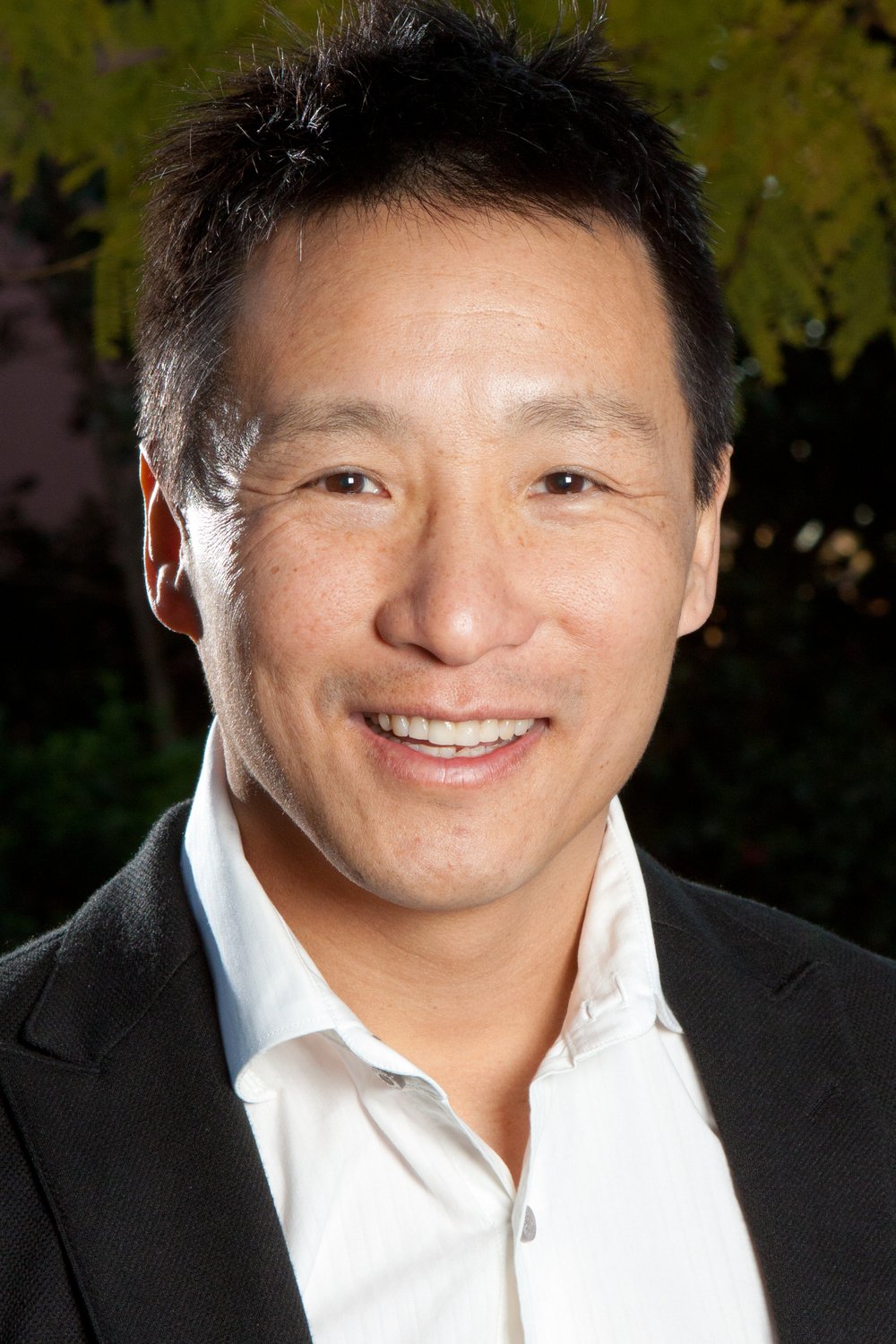How Do We Resort to Disagreement in a Non-Dehumanizing Manner
Insights on How to Communicate in a World of Conflict
with Dr. Theon Hill and Dr. Sam Chan | Moderated by Pastor Ron Edmonson
Dr. Sam Chan
Dr. Theon Hill
Pastor Ron Edmondson
Earlier this month, Wheaton’s Center for Faith and Innovation (CFI) was invited by the Billy Graham Center to host a marketplace track at their Amplify Outreach Conference. We asked Dr. Theon Hill, Co-Director of CFI and Dr. Sam Chan, a public evangelist with City Bible Forum in Sydney, Australia, to be part of the discussion on “Communicating and Navigating in a World of Conflict.” The panel was facilitated by Pastor Ron Edmonson. We asked our two leaders to discuss how to have a conversation in a world burdened by judgment, assumption, and misunderstanding.
It is rare in our society to have a healthy and productive conversation with someone who holds different beliefs from our own. Disagreements are challenging, and we may tend to avoid the bitterness and conflict that can arise from difficult conversations. Dr. Hill asks us to consider, “how do we disagree without resorting to dehumanization?”
Disagreement without dehumanization means embracing intellectual humility and engaging in charitable discourse. So, what does it mean to have charitable discourse? It means adopting healthier ways of disagreeing with people who have fundamentally different opinions from us. Dr. Chan has seen how winning an argument does not lead to converting the other person to your beliefs — it usually leads them to believe their own argument even more. Chan and Hill agree that entering charitable discourse does not mean convincing the other person your view is right, rather it is about recognizing the existence of divisive grounds and asking thoughtful questions to understand the other person’s beliefs. We need to come to a mutual understanding with those we disagree with, and acknowledge that this person still holds the Imago Dei.
Dr. Hill shared three ways we can enter a charitable discourse:
Understand the other’s history
Understand the other’s cultural context
Understand the other’s self-perception
Understanding the history, cultural context, and self-perception of the person we disagree with gives us a lens - an opportunity to see the world from their eyes. To do so, we need to embrace intellectual humility — the attitude of acknowledging that you can always be wrong. The challenge, when faced with disagreement, is that we often fail to realize that we all live in different realities. That is why we must ask ourselves, “what are we doing to try and understand the other person?” Dr. Hill reflects on his own method of gauging understanding: “if I can’t articulate your views so that you can confidently say yes to it, then I am not truly understanding you.”
According to Dr. Chan, the key to understanding someone is by asking questions rather than trying to defend and explain your own view.
Dr. Chan shared four questions that lead to understanding:
1. What is your stance?
2. Why is this important to you?
3. Why do you think we see things differently?
4. What would it take for you to trust me?
These questions allow the person to enter a conversation with the goal of understanding, rather than the goal of conversion. For Chan, it’s not about winning the fight, but about seeing that we are looking for the same thing (ex: justice) from two different starting points.
Near the end of the discussion, one of the participants raised a very interesting question: “how can we have a charitable discourse with someone who isn’t open or willing to understand us?” During these difficult dialogues, “we need to know that we cannot be people’s Holy Spirit,” says Dr. Hill. He connects this idea to the Parable of the Sower. The types of soil vary from hard ground to good and fertile soil, which impacts how much the seed can grow and flourish. Jesus used this parable to demonstrate how the state of our heart influences how we receive the Gospel; the good soil represents a fruitful response to the Gospel, while the hard soil represents a stubborn heart that does not accept it. This model of communication can be applied to difficult conversations we may have today; we have to ask ourselves, “what kind of ground are you speaking to?”
We need to acknowledge that a good seed cannot grow on hard ground. We should focus on being the good seed while we leave the Holy Spirit to change the hard ground. The only responsibility we should be concerned about is whether we are living faithfully in word and deed. Rather than approaching discourse with a mission to convince the other person, we should be approaching it with a mindset that follows God’s word and Christ’s character.
Hearing these insights from the discussion with Dr. Hill and Dr. Chan helps us to see the importance of approaching disagreements with a Christ-like mindset. Charitable discourse as a means/method of communication is vital as we navigate conflicts, especially in a society where we have different priorities and goals. Acknowledging our differences and humbling ourselves to understand each other helps us move closer to our end — justice.
Written by Gabrielle Frueh and Karen Bastian



